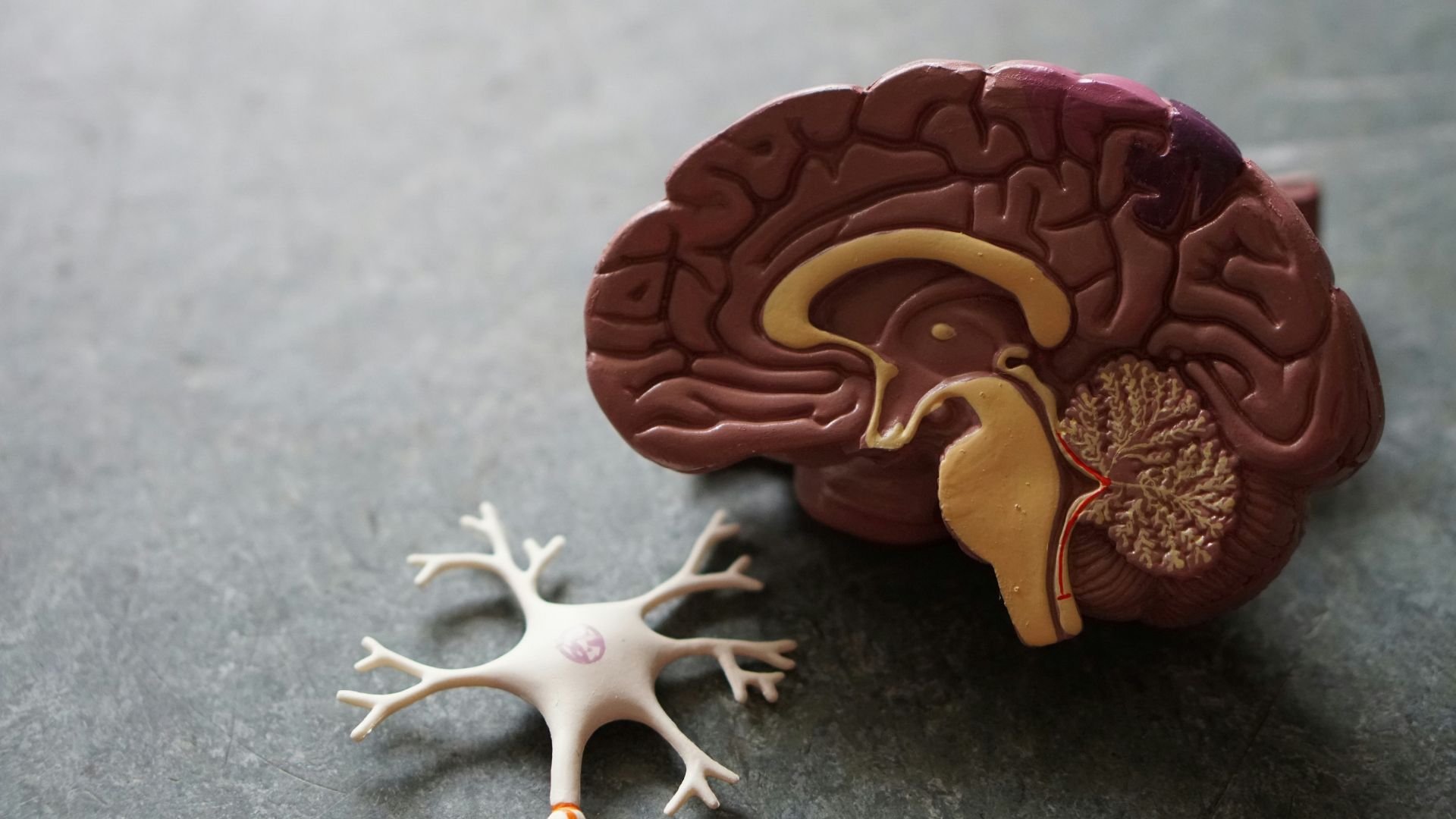A recent study led by Michael Ferguson, a neurology instructor at Harvard Medical School, suggests that individuals with brain lesions may be more prone to religious fundamentalism. Ferguson, along with several other experts in brain research, explored the relationship between brain lesions and religious fundamentalism in their published paper.
This study represents a significant contribution to understanding how certain brain conditions might influence belief systems.
Causes of Brain Lesions

Brain lesions can arise from a variety of conditions and are not confined to brain tumors alone.
According to The Cleveland Clinic, these lesions can also result from congenital disorders and neurodegenerative diseases such as Alzheimer’s, Lewy body dementia, and Parkinson’s disease.
Immune and Inflammatory Disorders

Immune and inflammatory disorders, such as multiple sclerosis and lupus, can also contribute to brain lesions.
These conditions add to the list of factors that may lead to damage in brain tissue.
Additional Causes of Brain Lesions

Other potential causes of brain lesions include epilepsy, strokes, traumatic brain injuries, and brain aneurysms. Each of these conditions can lead to damage or malfunction in brain cells, which may have diverse effects on cognitive and behavioral functions.
Understanding these causes is crucial for assessing the impact they may have on individuals’ susceptibility to certain ideologies.
Research on Brain Connectivity and Fundamentalism

In his research, Ferguson examined how the functional connectivity patterns in the brain correlated with scores on religious fundamentalism.
He illustrated this in a detailed thread on X, noting, “The whole brain functional connectivity pattern was then correlated with religious fundamentalism scores on a voxelwise basis.” This analysis provided insights into how specific brain patterns are associated with religious beliefs.
Significance of Findings

Ferguson further explained, “Even when applying a conservative family-wise error multiple comparison correction, we found robust neuroanatomical clusters that were statistically significant in their associations with religious fundamentalism scores.”
This finding indicates that the observed correlations were not likely due to random chance but were statistically significant.
Use of Multiple Datasets

The study utilized two distinct datasets for comparison: one consisting of individuals with brain lesions and another without.
By reproducing similar patterns in both datasets, the researchers were able to confirm the validity of their findings, suggesting that the results were “real.” This approach added credibility to their conclusions about the link between brain lesions and religious fundamentalism.
Cross-Validation for Reliability

Ferguson emphasized that the study incorporated a “cross-validation” process, wherein one dataset’s predictions of fundamentalism scores were confirmed by the other dataset.
This method helped ensure the reliability of their results and supported the robustness of their findings across different data samples.
Comparison with Neurobehavioral Conditions

The researchers also investigated whether the brain network associated with religious fundamentalism resembled the neuroanatomy linked to various neurobehavioral conditions.
Ferguson noted that the brain network related to religious fundamentalism showed the “strongest similarities to the neuroanatomy linked with confabulation and criminal behavior.”
Understanding Confabulations and Criminal Behavior

Confabulations, in this context, refer to false or distorted memories that the individual believes to be true, even though they are not based on reality.
The study compared these findings with criminal behavior, focusing particularly on violent crimes such as assault, rape, and murder.
Implications for Fundamentalism and Hostility

Ferguson concluded, “Although highly sensitive, these results may shed light on pathways through which religious fundamentalism can, in some cases, convert to outgroup hostility.”
This conclusion highlights potential implications for understanding how fundamentalist beliefs might contribute to hostile attitudes towards others.
Broad Scope of the Study

The study’s scope was comprehensive, encompassing a broad range of religions rather than focusing on any specific one.
This approach allowed the researchers to examine the impact of brain lesions on religious fundamentalism across different belief systems, providing a more generalized perspective on their findings.








































